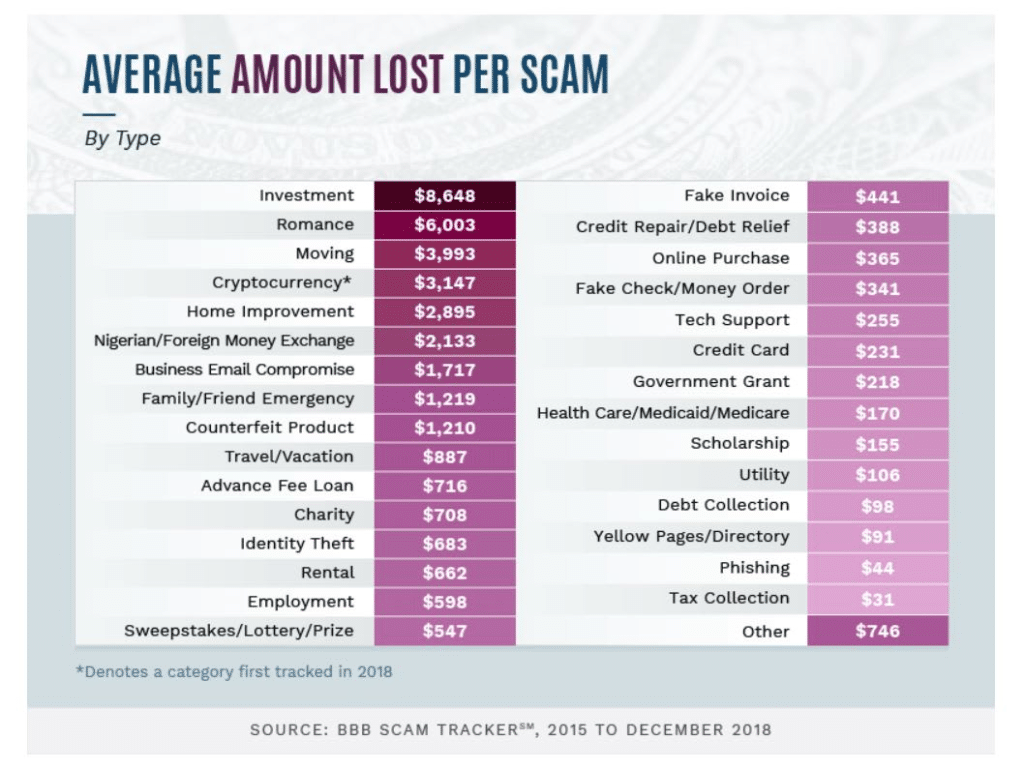On a quiet Friday afternoon a family member of mine, who will remain anonymous for my own protection, received an email from a man from Australia claiming to be a long lost brother. Since her father had recently passed away, a new familial connection can seem like a very pleasant prospect. The moment I heard this, my disbelief began immediately. In my line of work, unexpected good news from the internet usually means fraud is about to happen. I wanted to believe but my background in fraudster tactics working knowledge background in fraud prevention previous experience wouldn’t let me. I have seen too many examples or fraudsters taking advantage of psychological manipulation as part of their arsenal. Since the pandemic, news reports are telling of increased romance scams and others that use love as part of the deception. The act of saying that you love someone can even become addicting.
That is where the psychology of fraud comes into play. As human beings, we can be manipulated to trust an individual, whom we have no business trusting. Dr. Robert B. Cialdini wrote a book called Influence: The Psychology of Persuasion, in which he speaks about factors involved in creating trust where social proof and consistency can build trust with almost anyone. Their simple but effective technique is based on showing credibility by knowing things about you most wouldn’t. Just knowing a name, two random facts about a person might be enough to create a false sense of trust with someone new. In short, with most people, their heart simply overrules their heads.
Even people who know how scams work still fall for it. Why? Because we are human. We are tempted by people saying nice things about us, tempted when people can provide a lot of money for no effort, and sometimes you can convince yourself just long enough to give in to the temptation. That is when they have you in their grips. One estimate suggests our older adults lose as much as $36.5 billion a year to financial abuse. But assessments like that are “grossly underestimated,” according to a 2016 study by New York’s Office of Children and Family Services. We are only seeing the tip of the iceberg when it comes to the actual devastation this criminal industry is causing; the body of it is being buried under the silence of unreported incidents. The underreporting cause? Embarrassment. Nobody likes to admit they’ve been duped, let alone duped out of a large sum of money. Victim shame can silence many that have been defrauded.
So, does my family have a long lost brother? Or is this a wild coincidence that no one knew about this person until recently, and anyone who could corroborate the story is no longer alive? Do I believe? I want to believe, but my job won’t let me.

Is my mystery guest who he claims? or will I get a call where he either is in trouble and needs our help with bail, or a family member of “ours” died and left everything to us, all that is due is the processing fee? Check back for a follow-up post as more unfolds.



